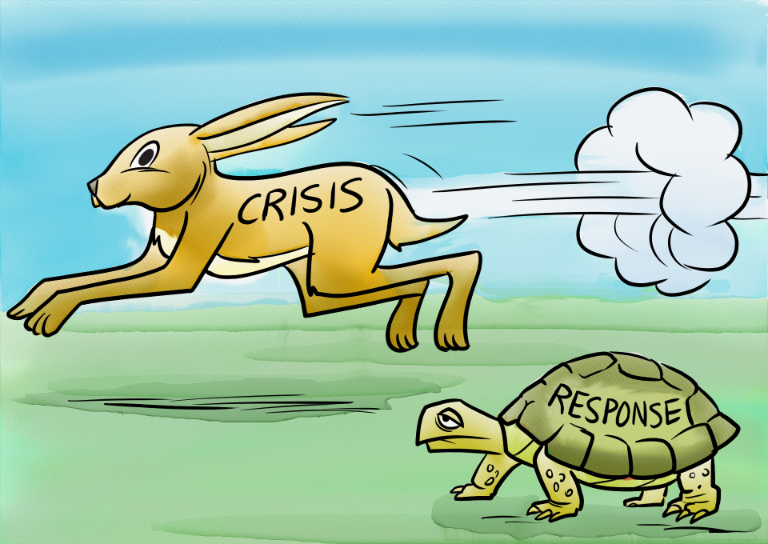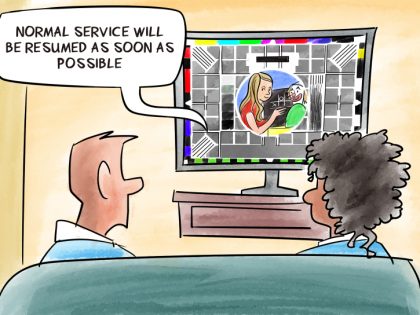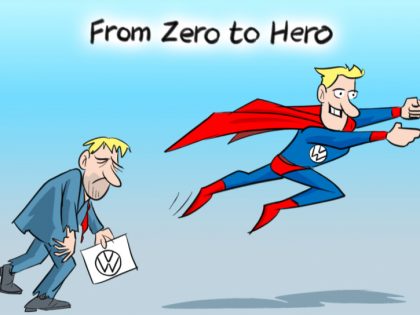
Internal communications: the big issue
Accuracy has one great enemy: speed. In a crisis, both are needed. In a crisis, when facts are scarce and the world wants to know what’s happening, this is a real problem.
The issue is often internal communications. If the management lines are not clear, the result is chaos and confusion. Good processes are needed to decide who does what – and who says what – are essential.
The engineers will want to do something; the PR guys want to write a press release; HR wants to send out a staff bulletin; customer services want to contact consumers and the lawyers…
Let’s stop a minute and talk about the much-maligned profession. Lawyers are naturally cautious, and this is absolutely right. What you say in a crisis may be the subject of a class action line years later.
Because of their caution and the need for accuracy, lawyers are slow. (The cynics say that this is because they are generally paid by the hour.)
So, a key first step in any crisis management procedure is sorting out the internal lines of communication with Operations, PR, HR, lawyers, etc.
As on a warship as it prepares to go into battle, everyone goes to a designated ‘battle station’. No questions and no improvisation. Military discipline is needed!
There are two key players who need to be looped into this: The Chief Executive must agree his or her role. This is not the time to be jumping on a horse, sword in hand and heading for the enemy. The role may encompass the public face of the company, with a carefully prepared script. It is certainly not managing the crisis team.
And the lawyers must agree some template statement that they can clear at their leisure before the crisis.
If internal communications works smoothly and you have prepared well, an organisation should be able to issue a statement fairly quickly and, by that I mean, within an hour of the crisis hitting.
It’s a tough target.
Have a good week.
Tom


